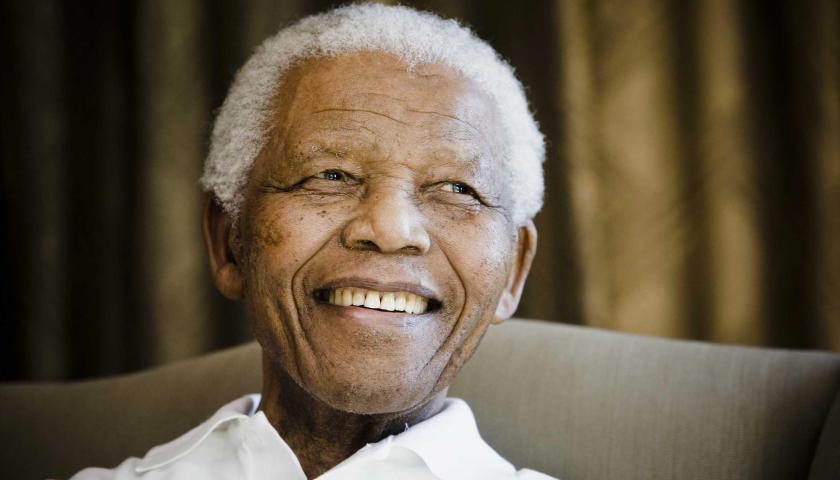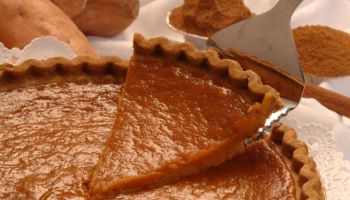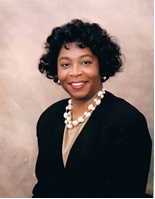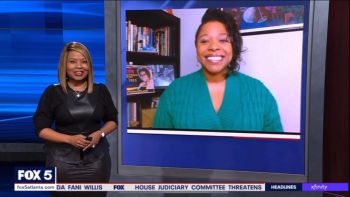Here’s some key events that happened on this day brought to you by Black Facts
1990 – Nelson Mandela is released
Nelson Mandela’s greatest pleasure, his most private moment, is watching the sun set with the music of Handel or Tchaikovsky playing. Locked up in his cell during daylight hours, deprived of music, both these simple pleasures were denied him for decades. With his fellow prisoners, concerts were organised when possible, particularly at Christmas time, where they would sing. Nelson Mandela finds music very uplifting, and takes a keen interest not only in European classical music but also in African choral music and the many talents in South African music. But one voice stands out above all – that of Paul Robeson, whom he describes as our hero. The years in jail reinforced habits that were already entrenched: the disciplined eating regime of an athlete began in the 1940s, as did the early morning exercise. Still today Nelson Mandela is up by 4.30am, irrespective of how late he has worked the previous evening. By 5am he has begun his exercise routine that lasts at least an hour. Breakfast is by 6.30, when the days newspapers are read. The day s work has begun. With a standard working day of at least 12 hours, time management is critical and Nelson Mandela is extremely impatient with unpunctuality, regarding it as insulting to those you are dealing with. When speaking of the extensive travelling he has undertaken since his release from prison, Nelson Mandela says: I was helped when preparing for my release by the biography of Pandit Nehru, who wrote of what happens when you leave jail. My daughter Zinzi says that she grew up without a father, who, when he returned, became a father of the nation. This has placed a great responsibility of my shoulders. And wherever I travel, I immediately begin to miss the familiar – the mine dumps, the colour and smell that is uniquely South African, and, above all, the people. I do not like to be away for any length of time. For me, there is no place like home. Mandela accepted the Nobel Peace Prize as an accolade to all people who have worked for peace and stood a
Learn More »
1989 – Penn’s 1996 Baccalaureate Speaker is The Right Reverend Barbara Clementine Harri
Penn’s 1996 Baccalaureate Speaker is The Right Reverend Barbara Clementine Harris, a Philadelphian who was the first woman ever to become a bishop in the Anglican Communion. Bishop Harris entered the priesthood after a long and successful career in public and community relations in Philadelphia between 1949 and 1977. On graduation from the Charles Morris Price School she joined Joseph V. Baker Associates Inc and rose to president. She also held senior posts with the Sun Company from 1968 until 1977, when she began her theological studies at Villanova University. Studying later at the Urban Theology Unit in Sheffield, England, she then graduated from the Pennsylvania Foundation for Pastoral Counseling, and was ordained a deacon in 1979 and a priest in 1980. Before she was consecrated a bishop in 1989, she had been Priest-in-Charge of St. Augustine of Hippo in Norristown, serving also as as a prison chaplain and as counsel to industrial corporations for public policy issues and social concerns. Named executive director of the Episcopal Church Publishing Company in 1984, she was also publisher of The Witness, and she held the additional post of interim rector of Philadelphia’s Church of the Advocate in 1988. Bishop Harris is a member of the Union of Black Episcopalians, and among other activities she represents the national Episcopal Church on the board of the Prisoner Visitation and Support Committee, and is vice president of Episcopal City Mission of the Diocese of Massachusetts.
Learn More »
1976 – Clifford Alexander Jr
Clifford Alexander, Jr. is confirmed as the first African American Secretary of the Army. He will hold the position until the end of President Jimmy Carter’s term.
Learn More »
1971 – Whitney Young Jr., National Urban League director,
Whitney M. Young, Jr. was Executive Director of the National Urban League from 1961 until his tragic, untimely death in 1971. He worked tireless to bring the races together, and joined the tenets of social work, of which he was an outstanding practitioner, to the social activism that brought the Urban League into the forefront of the civil rights arena. Whitney was constantly in search of solutions to the racism that plagued Americans and caused black Americans to be regulated to second-class citizenship in the land they fought and died for. A relentless advocate for the poor, he visited rural and urban communities and advocated their cause to the nation. He was a close advisor to Presidents Kennedy and Johnson, and conferred with President Nixon; helping to shape the policies of three administrations and playing a major role in the development of the War on Poverty. He was a key figure in bringing the now-legendary 1963 March on Washington to fruition; and was a major force in bringing black leadership together in a united front for progress. Whitney’s eloquent testimony before Congressional committees and his poweful appeals to business, professional and civic leaders helped create an environment in which African Americans forged ahead to win new opportunities
Learn More »
1961 – February 11, Robert Weaver sworn in as
February 11, Robert Weaver sworn in as administrator of the Housing and Home Finance Agency, highest federal post to date by a Black American.
Learn More »
This Day In Black History: February 11th- Nelson Mandela Released From Prison was originally published on majicatl.com














